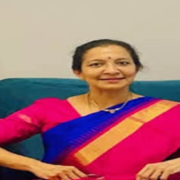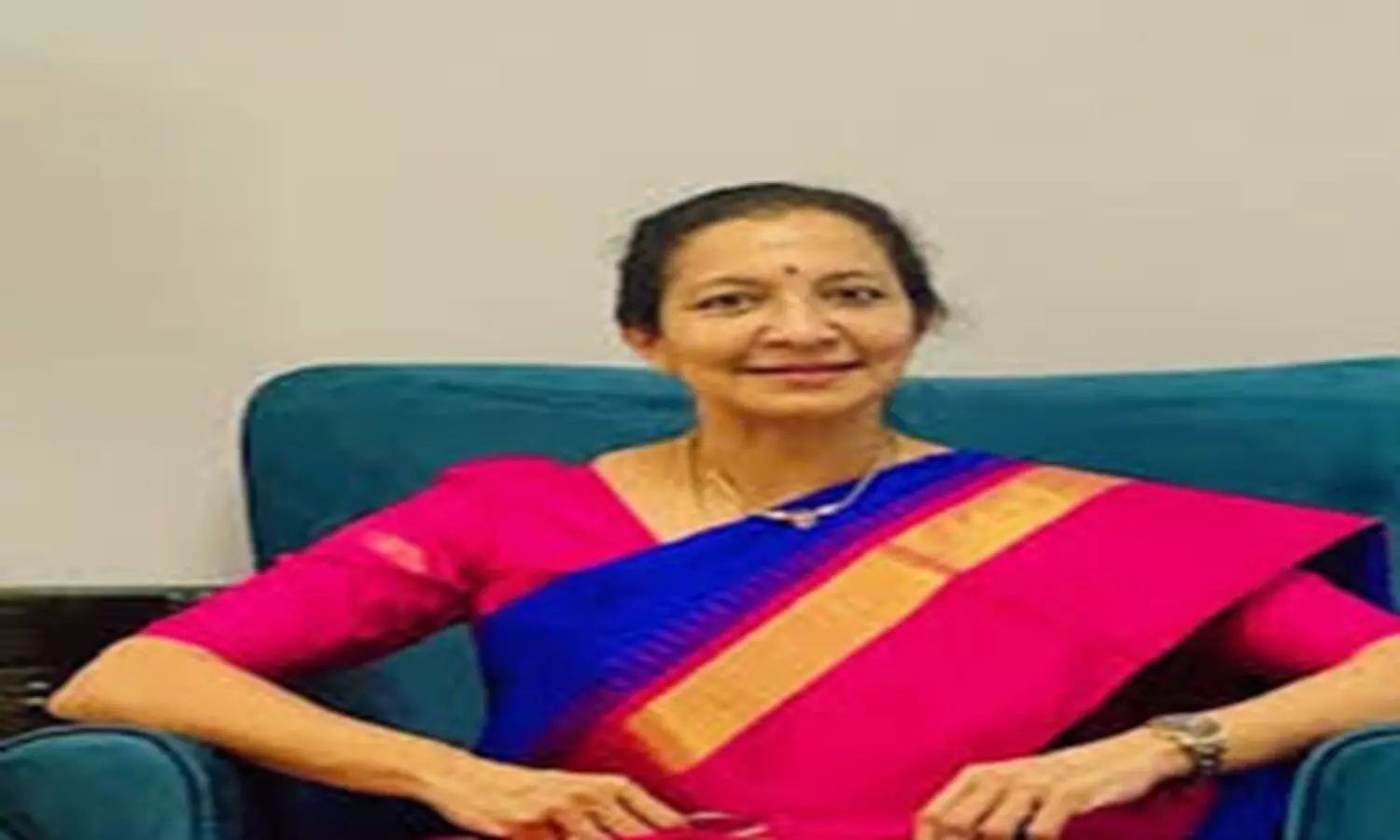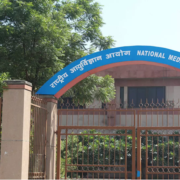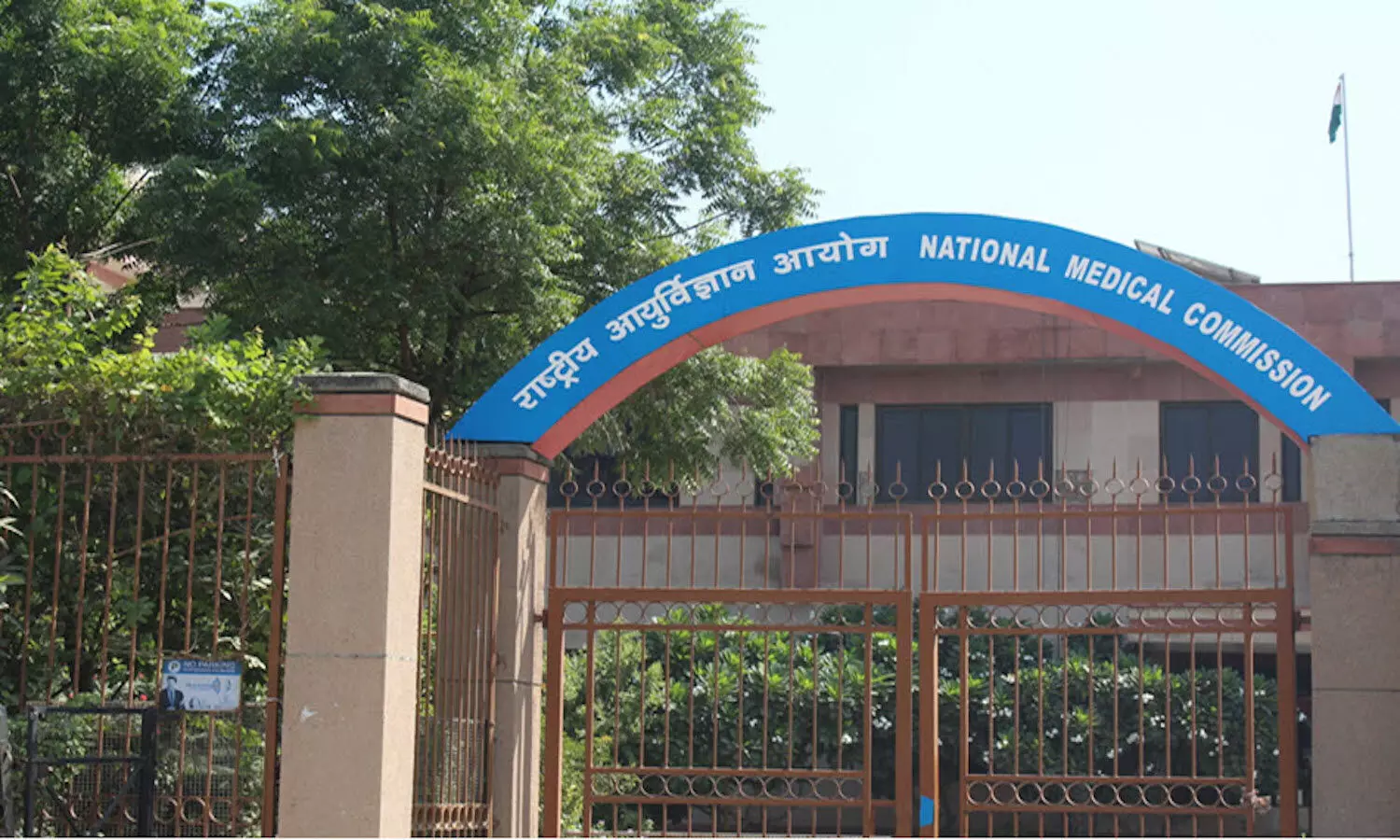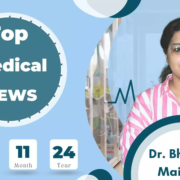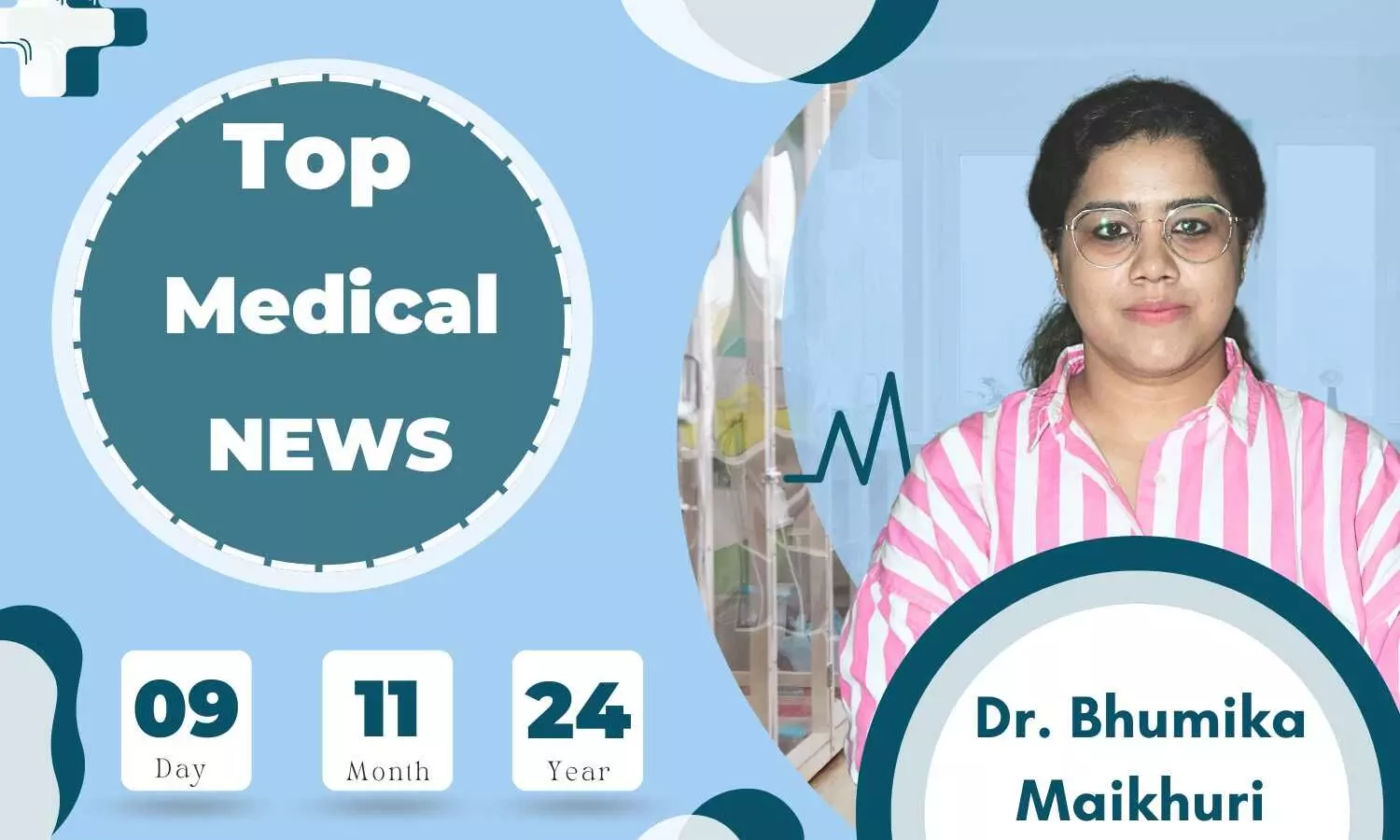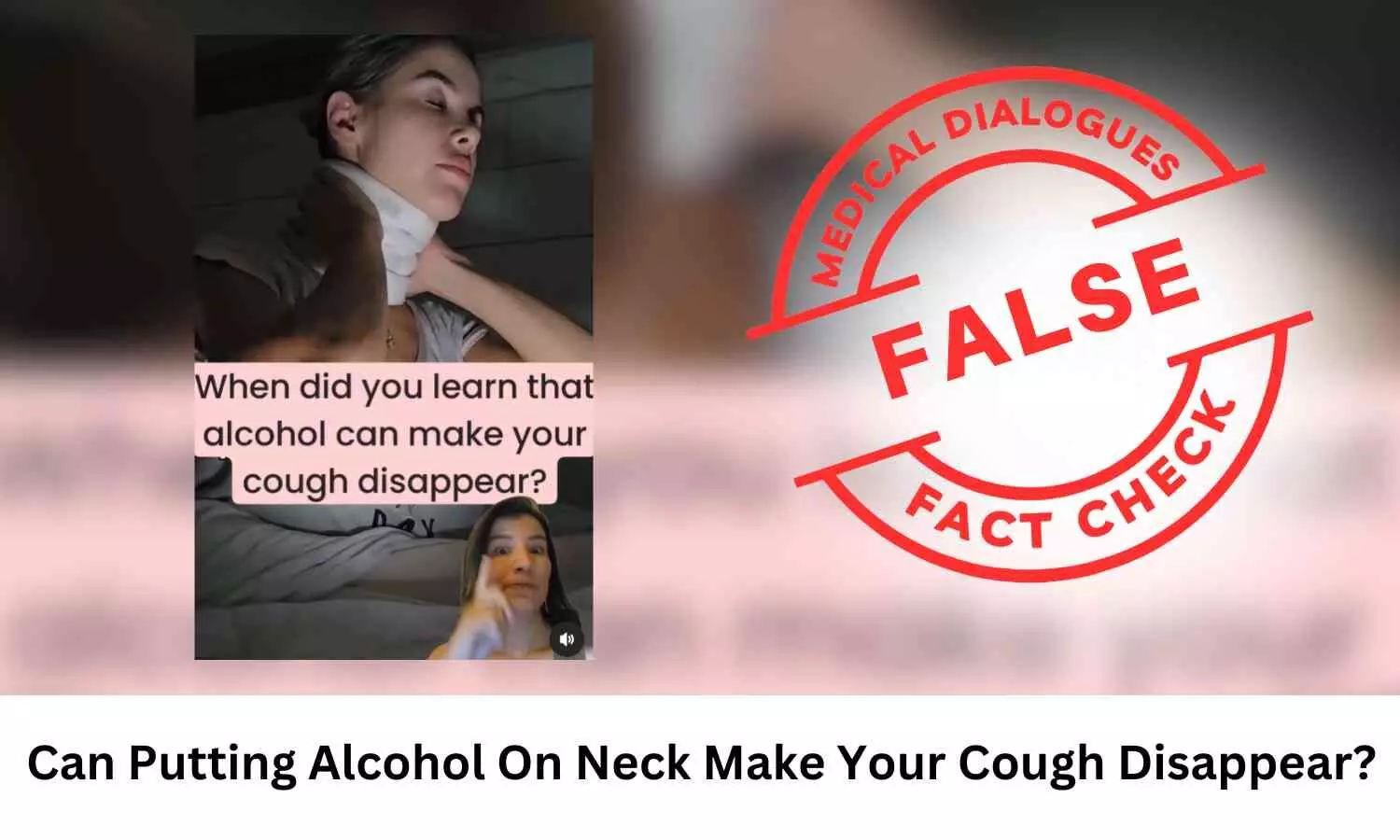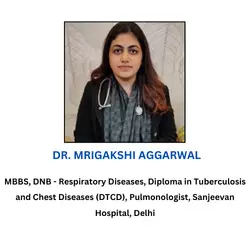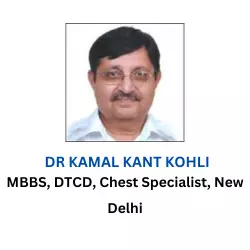MCC NEET PG Counselling 2024: Check list of required documents
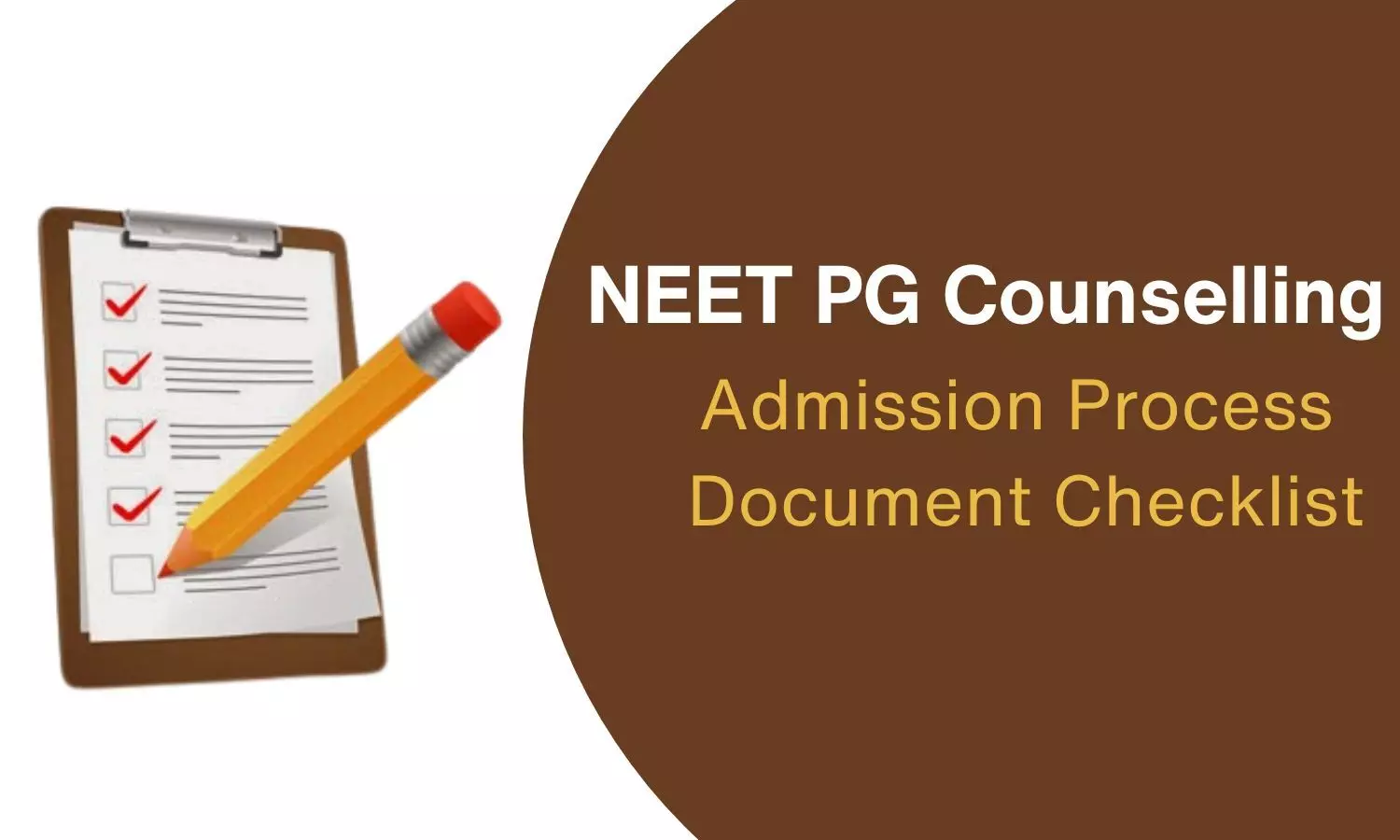
Delhi: For MD, MS, PG Diploma, and DNB admissions this year, the Medical Counselling Committee (MCC) has released the list of required documents for candidates who seek to appear in NEET PG counselling allotment process for AIQ, deemed, central state quotas..
All the concerned candidates are advised to take note of the information released by the MCC as follows:
ADMISSION
If the Candidate is satisfied with his/her allotment he/she may approach the allotted college/institute for completing the admission formalities. Original documents required at the time of joining in allotted Medical/Dental College are as mentioned below:
i. Allotment Letter issued by MCC (Essential document).
ii. Admit Card issued by NBE.
iii. Result/Rank Letter issued by NBE.
iv. Mark Sheets of MBBS 1st, 2nd & 3rd Professional Examinations.
v. MBBS Degree Certificate/ Provisional Certificate. (Essential document).
vi. Internship Completion Certificate/Certificate from the Head of Institution or College that the candidate shall complete the Internship by 31st March, of the year of admission/ or if required the date as decided by the Competent Authority. However, for this academic year the internship completion date may be treated as15th August, 2024 as approved by the competent authority, MoHFW.
vii. Permanent / provisional Registration Certificate issued by MCI/NMC. Provisional Registration Certificate is acceptable only in cases where candidate is undergoing internship and likely to complete the same on or before 15th August, 2024 (for this academic year). (Essential document)
viii. High School/Higher Secondary Certificate/Birth Certificate as proof of date or birth. (Essential document)
ix. Candidates allotted seat must carry one of the identification proofs (ID Proof) to the allotted college at the time of admission (as mentioned in the information Bulletin published by the National Board of Examinations (NBE) for NEET i.e. PAN Card, Driving License, Voter ID, Passport or Aadhaar Card).
x. The Candidate should also bring the following certificates, if applicable:
a) SC/ST Certificate issued by the competent authority (in the format as specified in the Information Bulletin) and should be in English or Hindi language. Sub caste should be clearly mentioned in the certificate. The translated certificate must be certified by a Gazetted Officer. (Essential document)
b) EWS Certificate as per the Central Govt. Norms (in the format as specified in the Information Bulletin) and should be in English or Hindi language. The translated certificate must be certified by a Gazetted Officer. (Essential document)
c) OBC certificate issued by the competent authority. The sub-caste should tally with the Central List of OBC. The OBC candidates should not belong to Creamy Layer.
The OBC certificate must be in the format as mentioned in the prospectus. The translated certificate must be certified by a Gazetted Officer. (Essential document).
d) Disability Certificate issued from a duly constituted and authorized Medical Board for 21 Benchmark Disabilities as per the Rights of Persons with Disability Act,2016 and NMC Norms. No other certificate, issued by any other Authorities/Hospital will be entertained. The format of Certificate of Disability is annexed (1,2) in the Information Bulletin. (Essential document)
e) NRI/OCI candidates to bring sponsorship certificates, relevant documents etc. in original (same as uploaded on MCC mail) at the time of reporting/ admission.
The physical verification of the documents will be done by the respective college authorities and MCC has no role to play in the same. However, it is once again clarified that, the allotment made by MCC in any of the rounds is purely provisional subject to physical verification of documents of the candidate by the allotted college authorities.
Also, the information regarding Stipend/fee structure/course duration/bond amount/rendering of service in rural/tribal area/other conditions etc. has been provided by Medical Colleges. MCC/ DGHS takes no responsibility regarding the said information including Fees/Bond/Mode of Payment or any typographical error/ data etc. Candidates are advised to visit College website or contact the College Authorities directly for any query regarding above information before filling choices.
RESULT
The counseling for NEET-PG is conducted by MCC based on the result of qualified candidates sent by NBE. The whole counseling process in completely automated without any manual intervention.
MCC uploads the provisional result initially in every round for verification of the candidates/college/institute based on their choices, merit and eligibility. They will also be given an opportunity to reach out to MCC if there is any discrepancy in the result. If no discrepancy is found or if the discrepancy is rectified, then the final result is uploaded on the MCC website. The provisional result is only indicative in nature and is subject to change. It may not be utilized for any legal purpose. Candidates are advised not to proceed for booking tickets after the declaration of the provisional result. They should wait for the final allotment letter to be issued by the MCC of DGHS.
Once the Candidates are allotted a seat based on their merit, choice & eligibility, in any of the Rounds of counseling conducted by MCC, the Candidates will be required to download their ‘allotment letter’ from the MCC website. If the Candidate is satisfied with his/her allotment he/she may approach the allotted college/institute for completing the admission formalities within the reporting time schedule.
However, it is clarified that, the allotment made by MCC in any of the rounds is purely provisional subject to physical verification of documents of the candidate by the allotted college/institute authorities.
Important Information and Guidelines for Candidates
All the participating Candidates are hereby informed that all important communications issued by the Medical Counselling Committee (MCC) are posted on the official website of MCC. The authenticity of communication may be confirmed from the official website of MCC/Intra-MCC before relying upon any message circulating in social media.
All questions in the scheme of counselling are mandatory in nature and not optional. Candidates are advised to go through these important questions related to the scheme of counselling (refer Bulletin) before registering on MCC website, in order to understand the scheme of counseling.
Candidates are deemed to have read, agreed and accepted the Scheme of Counselling and the terms and conditions of the counselling scheme for NEET-PG Counselling, 2024 on completing the online submission of application/registration form.
Registration for NEET – PG Counselling conducted by MCC can only be submitted online through Medical Counselling Committee website. Registration submitted through any other mode shall be summarily rejected.
Candidates are further advised to fill the application form on their own/self on the MCC website and not through any agent or third party.
A candidate can submit NEET-PG Counselling application/registration form only once. Any candidate found to have submitted more than one application/registration form for NEET-PG Counselling shall be debarred from NEET-PG Counselling allotment process, his/her candidature shall be cancelled and further action as deemed appropriate by the MCC of DGHS, MoHFW shall be taken.
The Security Deposit of candidates who have been allotted a seat in the Second Round or subsequent rounds but do not join the respective institution or surrender the seat due to any unforeseen reason, will be forfeited. Also, the Security Deposit will be forfeited if the admission gets cancelled due to any reason. E.g. in case the candidate gives wrong information at the time of registration on the basis of which a seat may be allotted and later cancelled by the Admission Authorities or fails to produce the required documents at the time of admission (within stipulated time).
Candidate may kindly note that registering for NEET-PG Counselling does not confer any automatic rights to secure a Post Graduate seat. The selection and admission to Post Graduate seats in any medical Institution recognized for running Post Graduate courses as per Indian Medical Council Act, 1956 is subject to fulfilling the merit, admission criteria, eligibility, and such criteria as may be prescribed by the respective universities, medical institutions, Medical Council of India, State/Central Government.
Candidate should ensure that all the information filled during the online submission of application/registration form is correct and factual. Information provided by the candidates in the online application/registration form shall be treated as correct and self certified and MCC shall not entertain, under any circumstances, any request for change in the information provided by the candidates.MCC does not change/ edit /modify/alter any information entered by the candidates at the time of online submission of application/registration for Counselling under any circumstances. (refer to NBE for any query)
The information regarding Stipend /fee structure/ course duration / bond amount / rendering of service in rural / tribal area/other conditions etc. has been provided by Medical/Dental Colleges on MCC website. MCC/ DGHS takes no responsibility regarding the above information including Fees/Bond/ Mode of Payment or any typographical error/ data etc. Candidates are advised to visit College website or contact the College Authorities directly for any query regarding above information before filling choices. Choices once locked cannot be modified and any request to MCC/DGHS regarding change/alteration of choices will not be entertained.
Candidates are advised to confirm their eligibility/domicile status before registering on MCC website for Institutional Quota seats of Central Universities/Institutes/ Deemed University before opting for their seats.
Candidates are advised to confirm the fee structure/ any other additional fee from the colleges especially Deemed Universities before filling up choices for the same. Some AllIndia Quota collegesmight have high fee structure, therefore confirmation about the fee should be made before hand, MCC of DGHS takes No responsibility of the fee structure of the colleges and will not entertain any request or complaint regarding Fee Structure. The above information may be confirmed by the candidate before filling the choices.
Candidates are advised to be in touch with the MCC website for Schedule / latest updates / Results / Notices / News & Events pertaining to counselling as MCC /DGHS will not be individually contacting the Candidates for the same.
No communication will be directly sent to the Candidate(s). They are advised to be in touch with the website on regular basis for any updates.
It has come to the knowledge of the Authorities that there have been instances wherein some persons/agents have claimed to provide a seat in any of the participating colleges in the Counselling process. The Candidates are advised not to fall prey to the said claims as there is no direct entry/nomination in any of the participating colleges in the NEET Counselling. MCC of DGHS will not be responsible for any such type of fraud/treachery/ trickery.
Candidates are advised to use the Mobile number/email id used by them during registration on NBE website for MCC counselling registration process. The said Email ID and Mobile number shall only be used/pre-populated during the Counselling registration process. OTPs etc. will only be sent to the registered mobile number and email ids.
Refund process will commence only after the completion of all the rounds of Counselling. MCC will not entertain any query either through email or phone call with regard to refund before the completion of all the rounds of counseling.
Candidates are informed that they will be shown only the Clear-cut Vacancies in Round 1. Also, the vacancy position of the seats will be shown in three categories during Round 2, which are as follows:
a) Clear-cut vacancies- The seats which have not been allotted in Round 1.
b) Virtual Vacancies- Any Candidate who has been allotted a seat in Round 1 and has opted for up- gradation in Round 2, the allotted seats of Round 1 will be shown as virtual vacancy in Round 2 and Candidates can fill the said seat during the choice filling in Round
However, such seats will be allotted in Round 2 if the allottee of Round 1 vacates/upgrades in Round 2.
c) The candidate is now allowed to upgrade seat from second round to third round (refer chapter -8)
Each round of counselling is a separate round and the rules of each round are different. Once any round commences, the rules of that round will apply to all the candidates even if they were allotted/admitted in the previous round(s) of counselling. Once round 2 commences the rules of Round 2 shall apply and the rules of round 1will not apply. Similarly, the rules of third round will apply only in third round and the rules of Stray Vacancy round will apply only on stray vacancy round.
Only Qualified/ eligible candidates are required to register on the MCC website to participate in the counselling process for allotment of seat. MCC does not allot any seat either on nomination basis/ manually or on offline mode
No Offline admissions and no offline resignations- all admissions and resignation (if provided) will be made through online mode. Any admission or resignation taken in offline mode will not be accepted. Colleges taking offline admission or resignation may face the legal action or any other consequences at their own level. The seat will be considered as vacant for the next round of counselling where offline admission is taken. The vacated seat due to offline resignation will not be taken in the next round of counselling.
Candidates should make sure that while taking admission/resignation in the allotted college their admission/resignation is generated through online mode i.e. through intramcc portal by the college authorities. Any other letter of admission/resignation will not be accepted.
Candidates who have international number must provide an alternative Indian number at the time of registration for the counselling process.
Disability certificate- the Candidates must obtain their online disability certificate from designated disability board in an online mode generated by the disability Centre as per the NMC norms before the choice filling commences. Only Candidates who have made their disability certificate through online mode from the designated centres will be eligible to fill in the PwD choices. MCC of DGHS does not issue/authenticate/verify and has no role in generation of online Disability certificate.
The MCC, DGHS reserves its absolute right to alter, amend, modify or apply any or some of the instructions/ guidelines contained in this information bulletin.
In case of any ambiguity in interpretation of any of the instructions/ terms/ rules/criteria regarding the determination of eligibility/conduct of counselling/ registration of candidates/ any information contained herein, the interpretation of the MCC, DGHS shall be final and binding in nature.
Court cases w.r.t. counselling must be in Delhi jurisdictions only.
MCC AIQ Schedule:
| Round-1 | ||||||||
| Sl. No. | Verification of Tentative Seat Matrix by the participating Institutes | Registration/Payment | Choice Filling/ Locking | Processing of Seat Allotment | Result | Reporting/ Joining | Verification of Joined candidates Data by institutes Sharing of data to MCC | |
| 1 | 7th Nov,2024 | 20th Sept. to 17th Nov. 2024, up to12:00 NOON only (as per Server Time) * Payment facility will be available up to 03:00 PM of 17th Nov., 2024 (as per Server Time) | 8th Nov. 2024 to 17th Nov., 2024 (Choice Filling will be available upto 11:55 P.M of 17th Nov, 2024 (as per Server Time) Choice Locking will start from 04:00 P.M of 17th Nov. 2024 upto 11:55 P.M of 17th Nov. 2024 (as per Server Time) | 18th Nov.., 2024 to 19th Nov., 2024 | 20th Nov. 2024 | 21st Nov., 2024 to 27th Nov., 2024 | 28th Nov., 2024 to 29th Nov., 2024 | |
| (1- Day) | (59-Days) | (10-Days) | (2-Days) | (1-Day) | (7-Days) | (2-Days) | ||
| Round-2 | ||||||||
| 2 | 4th Dec., 2024 | 4th Dec., 2024 to 9th Dec., 2024 Upto 12:00 Noon as per Server Time * Payment facility will be available up to 03:00 PM of 9th Dec., 2024 as per Server Time | 5th Dec., 2024 to 9th Dec., 2024 (Choice Filling will be available upto 11:55 P.M of 9th Dec., 2024) as per Server Time Choice Locking will start from 04:00 P.M of 9th Dec., 2024 upto 11:55 P.M of 9th Dec., 2024 as per Server Time | 10th Dec., 2024 to 11th Dec., 2024 | 12th Dec., 2024 | 13th Dec., 2024 to 20th Dec, 2024 | 21st Dec.,2024 to 22nd Dec., 2024 | |
| (1-Day | (6-Days) | (5-Days) | (2- Days) | (1-Day) | (8-Days) | (2-Days) | ||
| ROUND-3 | ||||||||
| 3 | 26th Dec., 2024 | 26th Dec., 2024 to 1st Jan., 2025 (12:00 NOON as per Server Time) * Payment facility will be available till 03:00 P.M of 1st Jan., 2025 (as per Server Time) | 27th Dec, 2024 to 1st Jan., 2025 (Choice Filling will be upto 11:55 PM of 31st Dec., 2024) as per Server Time Choice Locking from 04:00 P.M of 1st Jan., 2025 upto 11:55 P.M of 1st Jan., 2025as per Server Time | 2nd Jan., 2025 to 3rd Jan., 2025 | 4th Jan., 2025 | 6th Jan., 2025 to 13th Jan., 2025 | 14th Jan., 2025 to 15th Jan., 2025 | |
| (1-Day | (7-Days) | (6-Days) | (2-Days) | (1-Day) | (8-Days) | (2- Days) | ||
| ONLINE STRAY VACANCY ROUND | ||||||||
| 4 | 18th Jan., 2025 | 18th Jan., 2025 to 21st Jan., 2025 (upto 12:00 P.M of 21st Jan., 2025 as per Server Time) * Payment facility will be available upto 03:00 P.M of 21st Jan., 2025 ) as per Server Time | 18th Jan., 2025 to 21st Jan., 2025(Choice Filling will be available upto 11:55 P.M of 21st Jan., 2025) as per Server Time Choice Locking will start from 04:00 P.M of 21st Jan., 2025upto 11:55 P.M of 21st Jan., 2025 as per Server Time | 22nd Jan., 2025 to 23rd Jan., 2025 | 24th Jan., 2025 | 25th Jan., 2025 to 30th Jan., 2025 | ||
| (1-Day | (4-Days) | (4-Days) | (2-Days) | (1-Day) | (6 -Days) | |||
Powered by WPeMatico


